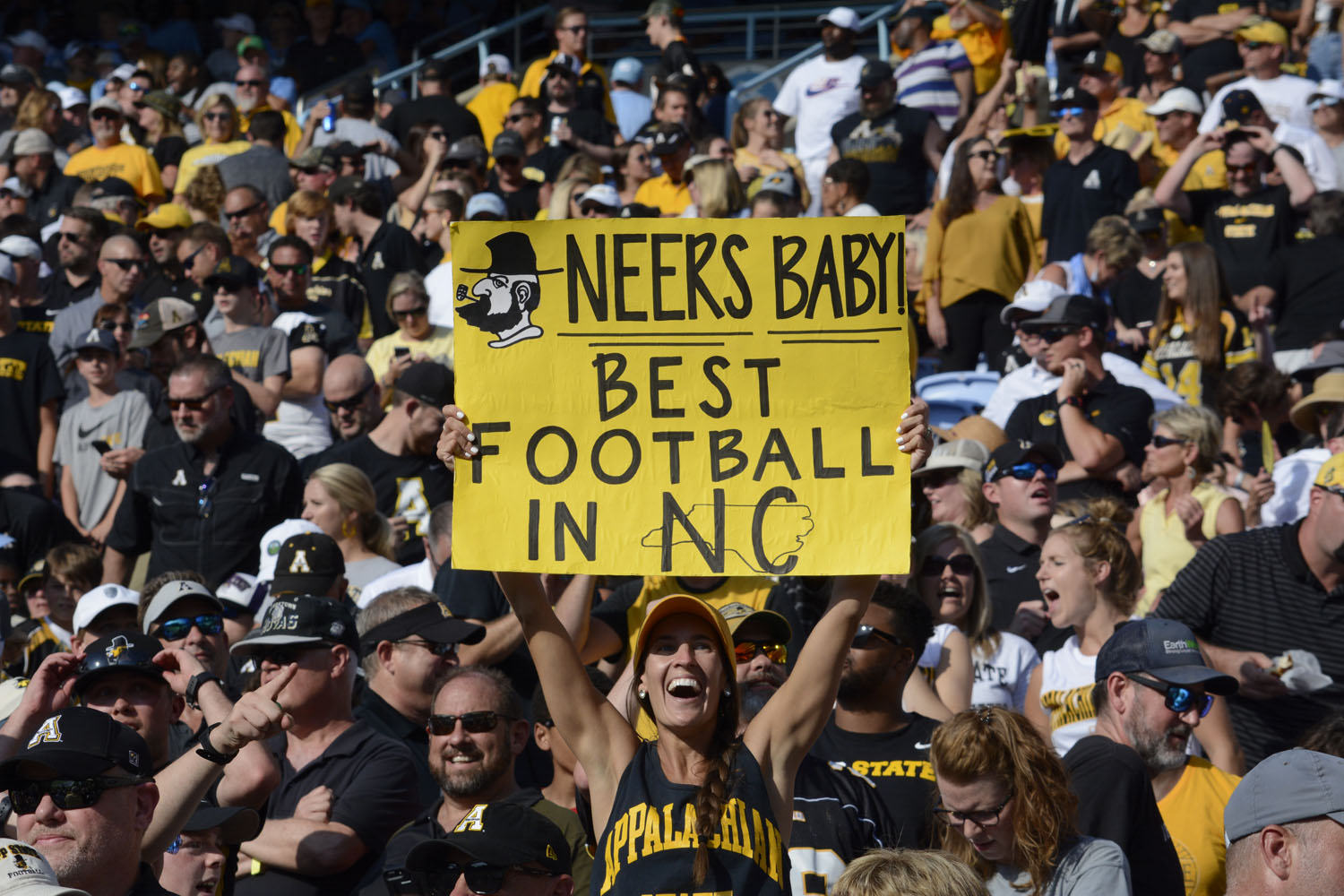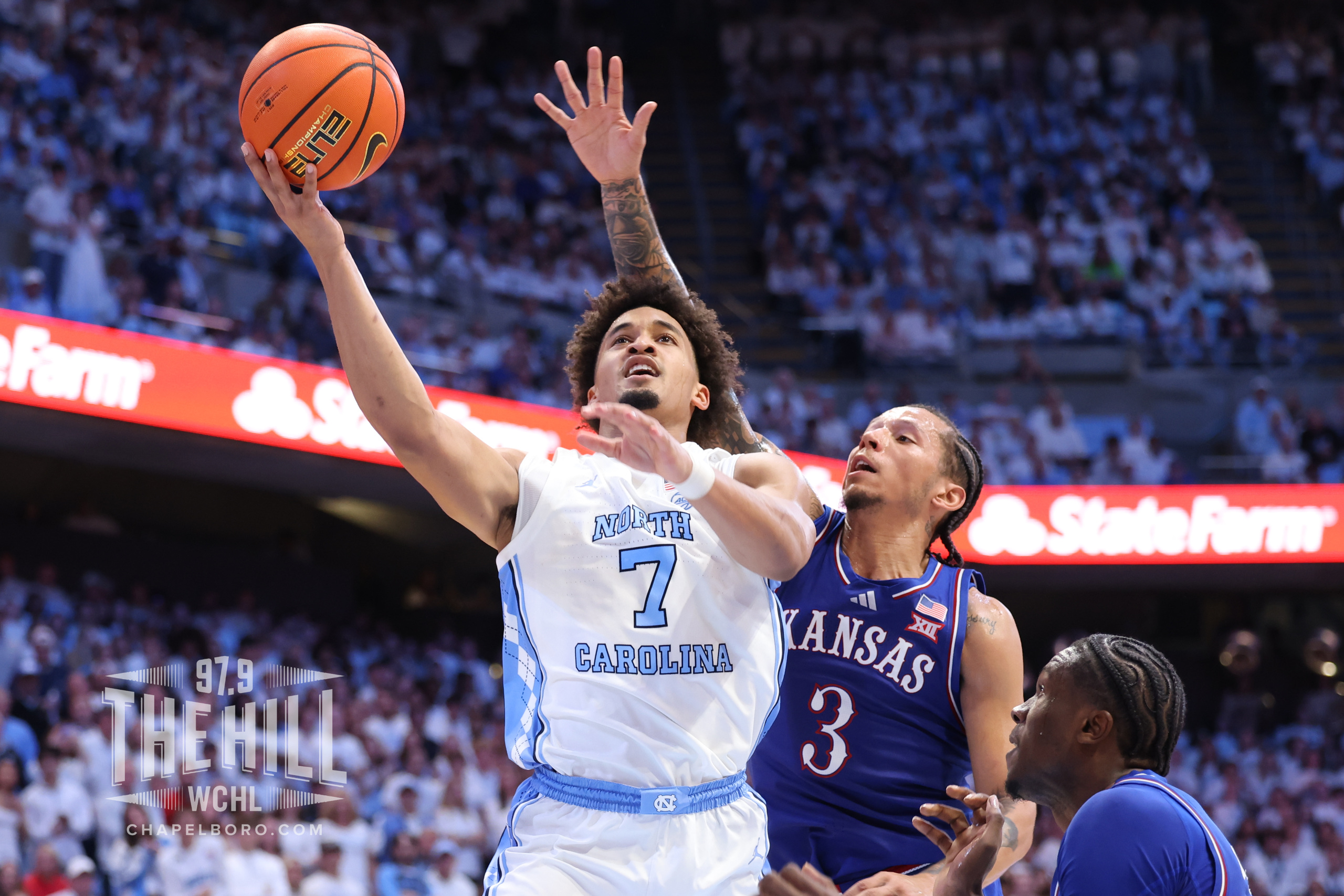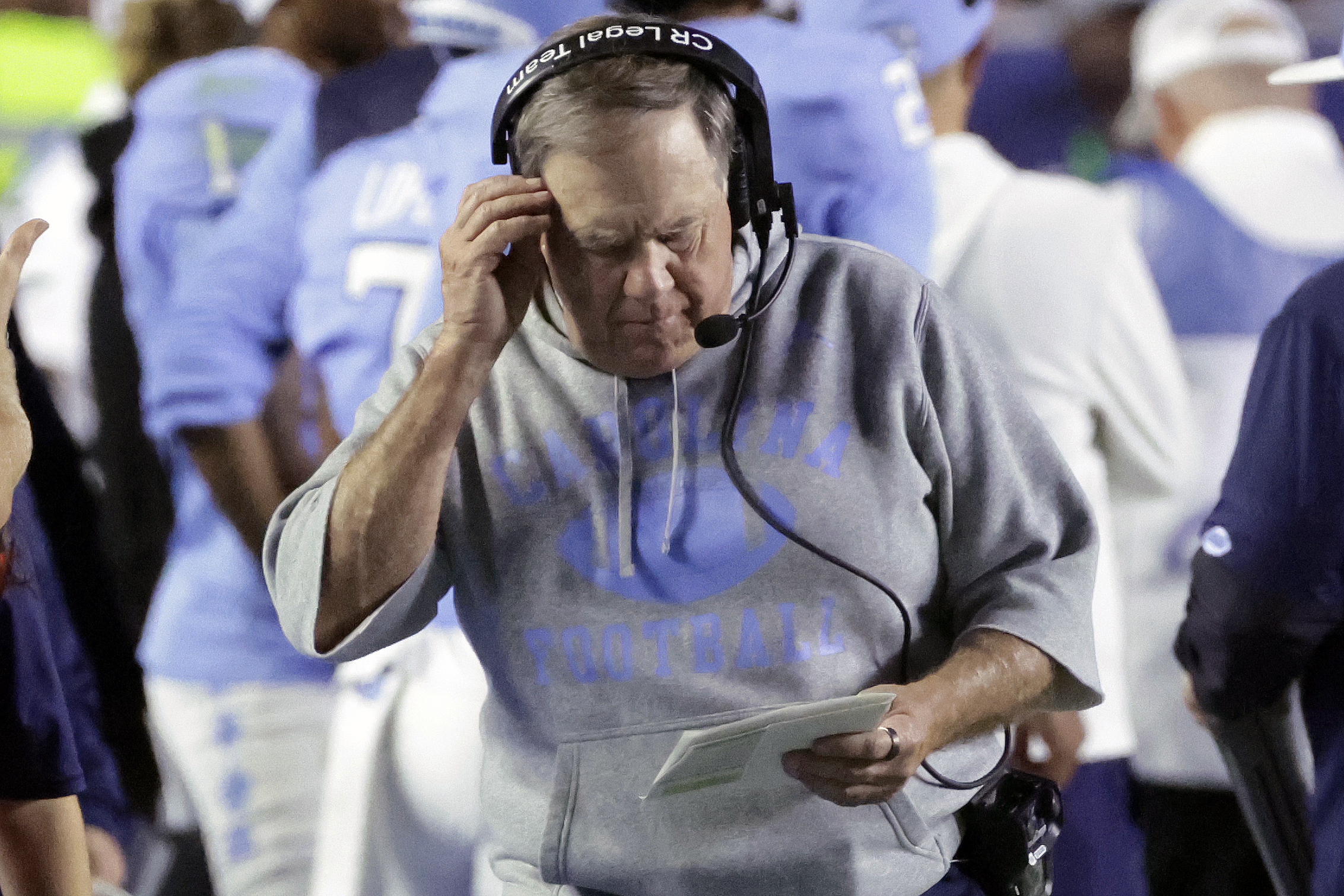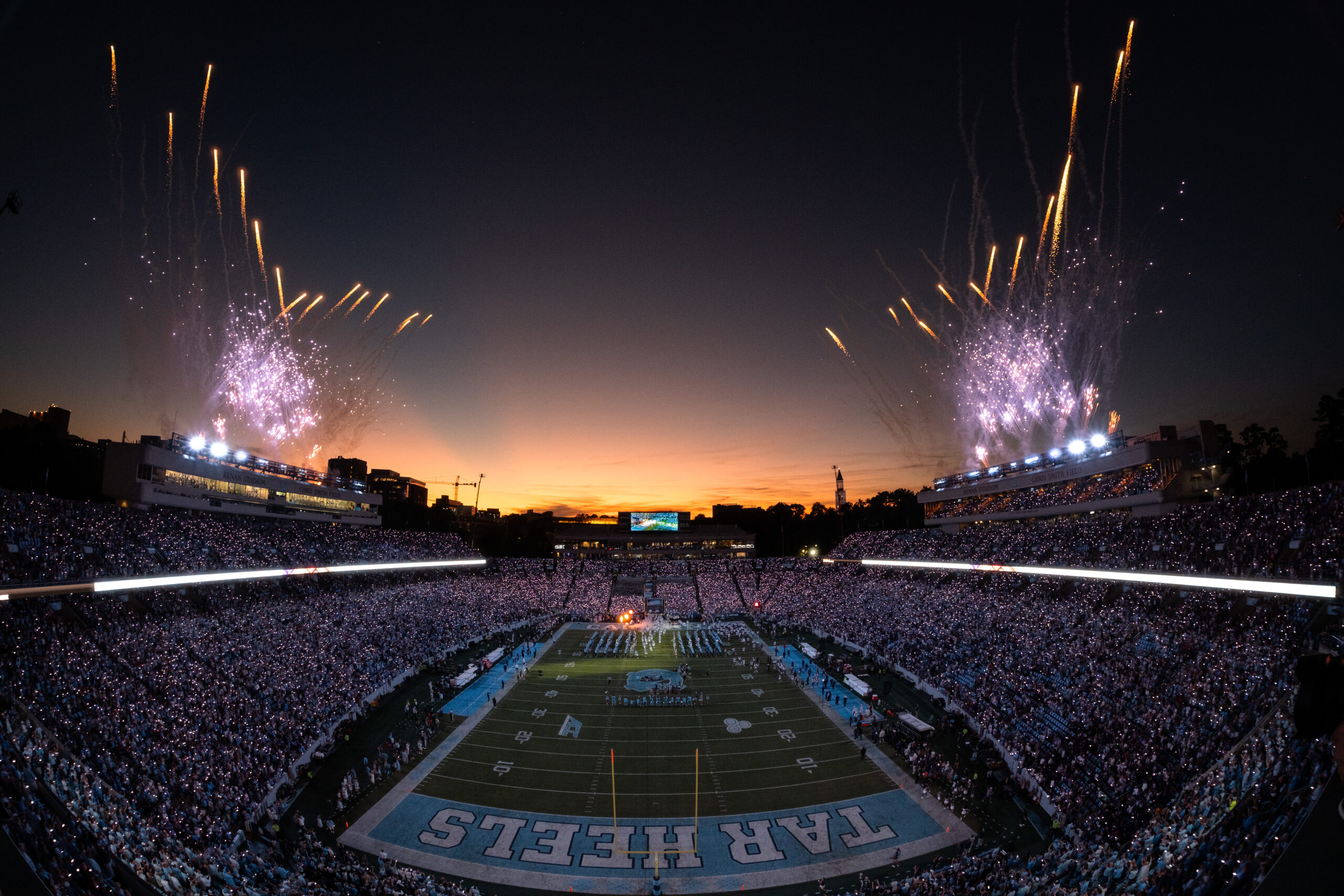Textbooks can be one of the costliest parts of attending college and it’s only getting more expensive.
According to a report from the United States Public Interest Research Group, textbook prices have increased 73% since 2006. The average student pays over $300 per semester for books.
Two North Carolina schools offer textbooks through two fairly different systems. At Appalachian State, students get their textbooks through a rental program. Lorraine Childers is the director of the bookstore at Appalachian State.
“Because App State had this rental program we felt like we were ahead of the game. There are many universities that are implementing different rental models into their business model as well, but it’ unusual to have a program as comprehensive as ours,” said Childers.
At Appalachian State, students pay $135 dollars a semester in fees for the rental textbook program.
At UNC, students buy most of their books upfront. Kelly Hanner, who manages course materials at the UNC Student Stores, says a rental textbook program can be restrictive to faculty.
“The faculty member’s academic freedom to select their own course materials, with the App State model the faculty members are locked into a particular book for X amount of semesters,” said Hanner.
A book must be in use for two years at Appalachian to be part of the textbook rental program.
UNC does offer a rental book program but, according to Hanner, only about 6% of students at UNC rent their books.
More popular is UNC’s guarantee buy back program. Jim Powell, the interim director of the Student Stores, said it is almost as cost effective as a rental program.
“We can post it on the book that if you buy this book then at the end of the semester we guarantee we’ll buy it back, guaranteed, at a very high price. So it really works out about the same as the money that would outlay for rentals,” said Powell.
But according to Childers, Appalachian State starts to make a profit on renting a textbook after about one year of use. It takes UNC almost two years to pay back a rental book.
“So we feel like we really get a lot of bang for our buck from beginning to end,” said Childers.
But a solution that might incorporate academic freedom and cost are digital textbooks. Hanner said it’s the most affordable option but so far they haven’t been embraced by students or professors.
“It’s probably going to take a while to get off the ground because, again, digital is just not embraced at this point in academia,” said Hanner.
Childers said there has been a similar response to digital books at Appalachian State. It seems like students and facility still favor having those hard copies, even if it comes at a price.
Related Stories
‹

Art’s Angle: Gloating RightsCarolina was on the wrong side of history Saturday in its own house. The Tar Heels’ 34-31 loss to opportunistic Appalachian State gave the Mountaineers from Boone their first major college win since the famous upset of Michigan in 2007. And their first win over an ACC school since beating Wake Forest in 2000 will […]
![]()
Which North Carolina College Football Program is the Most Successful?Which college football program in North Carolina deserves the claim as the premier program in the state. UNC, NC State, Duke and App State all have a fair shot.

CBS Sports Classic Adds Kansas, Sets UNC's Matchups for Next 4 YearsThe CBS Sports Classic, a marquee event on the college basketball non-conference calendar, has been extended through the 2029-30 season. In addition, the event has also set UNC’s matchups for the next four seasons and added Kansas to replace St. John’s in the four-team field. St. John’s participated in the 2025 event as a replacement […]

'Hard to Imagine': Newmark, Lombardi, Others Share Disbelief at Bill Belichick Hall of Fame VoteUNC football general manager Michael Lombardi and athletic-director-in-waiting Steve Newmark were among many sports figures to share their disappointment and surprise at reports that head coach Bill Belichick was not voted into the Pro Football Hall of Fame on his first ballot. An ESPN report published Tuesday night indicated Belichick, currently between his first and […]

UNC Study Advances Understanding of High-Fat Foods' Impact on Memory, Brain FunctionWhile diet changes have long been credited for long-term health benefits, it's not often for brain health. A new UNC study may update that.

Chansky's Notebook: New DimensionCaleb Wilson is not only a spectacular talent, but he is serving a role that very few UNC players have taken on in their first year.

Chansky's Notebook: Sophomore SlippageUNC's schedule for the 2026 football season is out, and Art Chansky says it is very, very bad news for Bill Belichick's second year.

UNC Chancellor Lee Roberts Named to College Football Playoff Board of ManagersCarolina will have a say in the College Football Playoff. But it’s not in the way hopeful Tar Heel fans may have anticipated. UNC Chancellor Lee Roberts was named to the CFP’s Board of Managers last week, replacing retired Clemson University President Jim Clements. The CFP Board of Managers is comprised of 11 university presidents […]

Schedule Set for UNC Football's 2026 SeasonThe UNC football program now has its complete schedule for the 2026 season. The ACC revealed all of the league members’ schedules Monday night. Your 2026 North Carolina Football Schedule. 🐏 🔗: https://t.co/VQdkI47r8n🎟️: https://t.co/XERIbvZEH8 pic.twitter.com/6Zb5uSn1y3 — Carolina Football (@UNCFootball) January 26, 2026 UNC will open the season in Dublin, Ireland against TCU as part of […]

UNC Men's Basketball Rises to No. 16 in Latest AP PollAfter a home win against Notre Dame and a road win at then-No. 14 Virginia, UNC rose six spots in the latest AP Top 25 poll to No. 16 this week. UNC’s six-spot jump is the largest of any team in the poll. After dropping to No. 22 following road losses at unranked Stanford and […]
›










